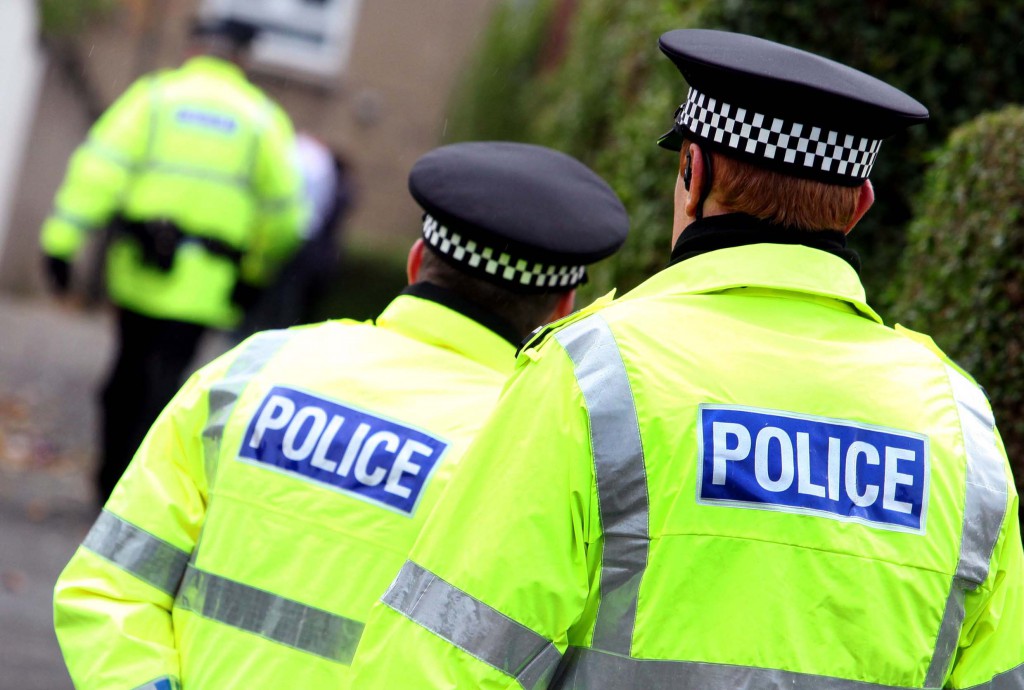SCOTS police are trying to boost rape conviction rates by drafting in civilian women to help with interviews and counsel victims.
A special team of “advocates” will provide a first response to sex attacks – even speaking to the victim before detectives.
Strathclyde Police, the country’s biggest force, said its officers

do their best but admitted: “They are still police officers at the end of the day.”
The force says one of the biggest problems with securing rape convictions are the feelings of guilt or shame suffered by victims.
That can make them reluctant to disclose vital evidence during interview sessions with detectives.
As a result, the conviction rate for rape for cases brought before Scottish courts has been as low as one in 10.
Rape allegations rose in the Strathclyde area from 232 between April and September last year to 270 over the same period this year.
Chief Superintendent George Nedley, who will head the new unit, said: “Rape and sexual asault is one of the most horrific crimes that anyone could fall victim to.
“Sometimes it’s very difficult for victims to be completely open.
“I don’t think we understand how [rape] impacts on the way people speak to us.”
He said the advocacy service would be rolled out across the whole of Strathclyde.
“Trained advisers…will work hand in hand with us and will look after the victim from the very outset, through the court process.
“My vision of how this would work is that if we get a report of rape, the first thing we would do is call in an advocate.
“We’ve got highly skilled and trained police officers but they are still police officers at the end of the day. As much as we do our best to look after the victim, I think it is an area we can get better in.”
Chief Supt Nedley added: “In a rape, their body is the crime scene. To secure the best evidence, some of the methods we have to use are very intrusive and that can be hugely traumatic.
“You can completely understand how some victims would be reluctant to go through that trauma.”
The new unit, which will be based at the force’s Glasgow headquarters, will also strengthen the role of charities such as Rape Crisis and Scottish Women’s Aid and professionals including doctors and clincial psychologists.
Another problem with securing rape convictions in Scotland is the legal requirement for evidence to be corroborated by a second witness.
Last year, Lord Carloway, in a review of the criminal justice system, recommended sweeping this requirement away.
Chief Supt Nedley said: “There are some areas of corroboration that have hamstrung us.”
But he added that their approach to domestic abuse cases had shown it was possible to work round the limitations.
“We don’t just look at one incident,” he said. “We look historically, and predominantly what we find is that it is a pattern of behaviour that can stem back 20 years.”